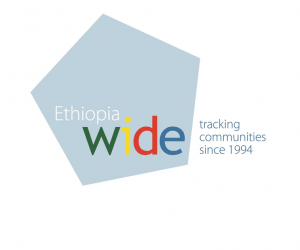Ethiopia WIDE team publish policy discussion briefs
4 May 2016
The Ethiopia WIDE team have published a second series of “Discussion Briefs,” written in 2015/16, which review evidence from longitudinal research of twenty rural communities in Ethiopia related to a range of specific sectors or issues; and which are intended as resources for further deliberation about how to improve outcomes from Ethiopia’s model of transformation. The papers present and analyse patterns of evidence that recur across all or several of the 20 WIDE communities, focusing on policy considerations emerging from evidence that transcends anecdote.
The briefs and their authors are as follows:
- Introducing Ethiopia WIDE and its policy relevance, Sarah Vaughan
- Rurbanisation, urban expansion into rural areas, and thickening rural-urban linkages, Pip Bevan, reviewed by Tegegne Gebre Egziabher
- Differentiation and inequalities in rural communities, 2010-13, Alula Pankhurst with assistance from Theodros W Giorgis, reviewed by Dessalegn Rahmato
- Youth transitions to adulthood in rural communities, 2010-13, Alula Pankhurst with assistance from Nathan Nigussie, reviewed by Yisak Tafere
- Education in rural Ethiopia 2010-13: aspiration and uncertainty, Catherine Dom, reviewed by Setotaw Yimam
- Changing patterns in maternal and infant health and wellbeing in rural Ethiopia from 2003- 2013, Pip Bevan, reviewed by Helen Andemikael
- Economic participation of women and girls in rural Ethiopia, 2010-13, Lilli Loveday with Catherine Dom, reviewed by Emebet Mulugeta
- Moving for work from rural communities, 2010-2013, Catherine Dom, reviewed by Asnake Kefale
- Insights on economic success in rural Ethiopia, 2010-2013, Tefera Goshu with Catherine Dom, reviewed by Ezana Amdework
- Diffusion of knowledge, learning, “technology transfer” and change in rural communities, Sarah Vaughan, reviewed by Zerihun Mohammed.
View the papers on the Ethiopia WIDE website.
The authors (Pip Bevan, Catherine Dom, Tefera Goshu, Lilli Loveday, Alula Pankhurst and Sarah Vaughan) are grateful for the funding from the UK Department for International Development, Irish Aid and the Swedish International Development Agency that allowed them to prepare these briefs.



